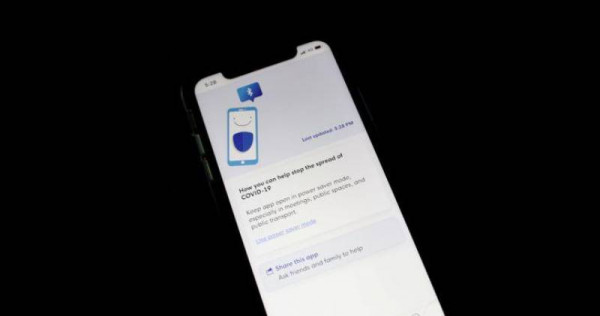[ad_1]
SINGAPORE/NEW DELHI – When Singapore launched the first smartphone app of its kind last month to identify and alert people who had interacted with carriers of the novel coronavirus, the city-state of roughly 5.7 million people had 385 cases of infections.
But even as cases in the country – which is in lockdown – have surged past 9,000, only about one in five people have downloaded the app, TraceTogether, which uses Bluetooth signals to log when people have been close to one another.
The modest numbers in a tech-savvy country where trust in government is high shows the challenges facing public health authorities and technology experts around the world who are looking to exit lockdowns and believe contact-tracing apps can play an important role in restarting economies.
A few countries, including South Korea and Israel, are using high-tech methods of contact tracing that involve tracking peoples’ location via phone networks. But such centralised, surveillance-based approaches are viewed as invasive and unacceptable in many countries for privacy reasons.
[ad_2]
Source link






